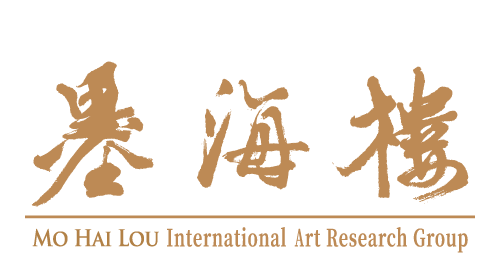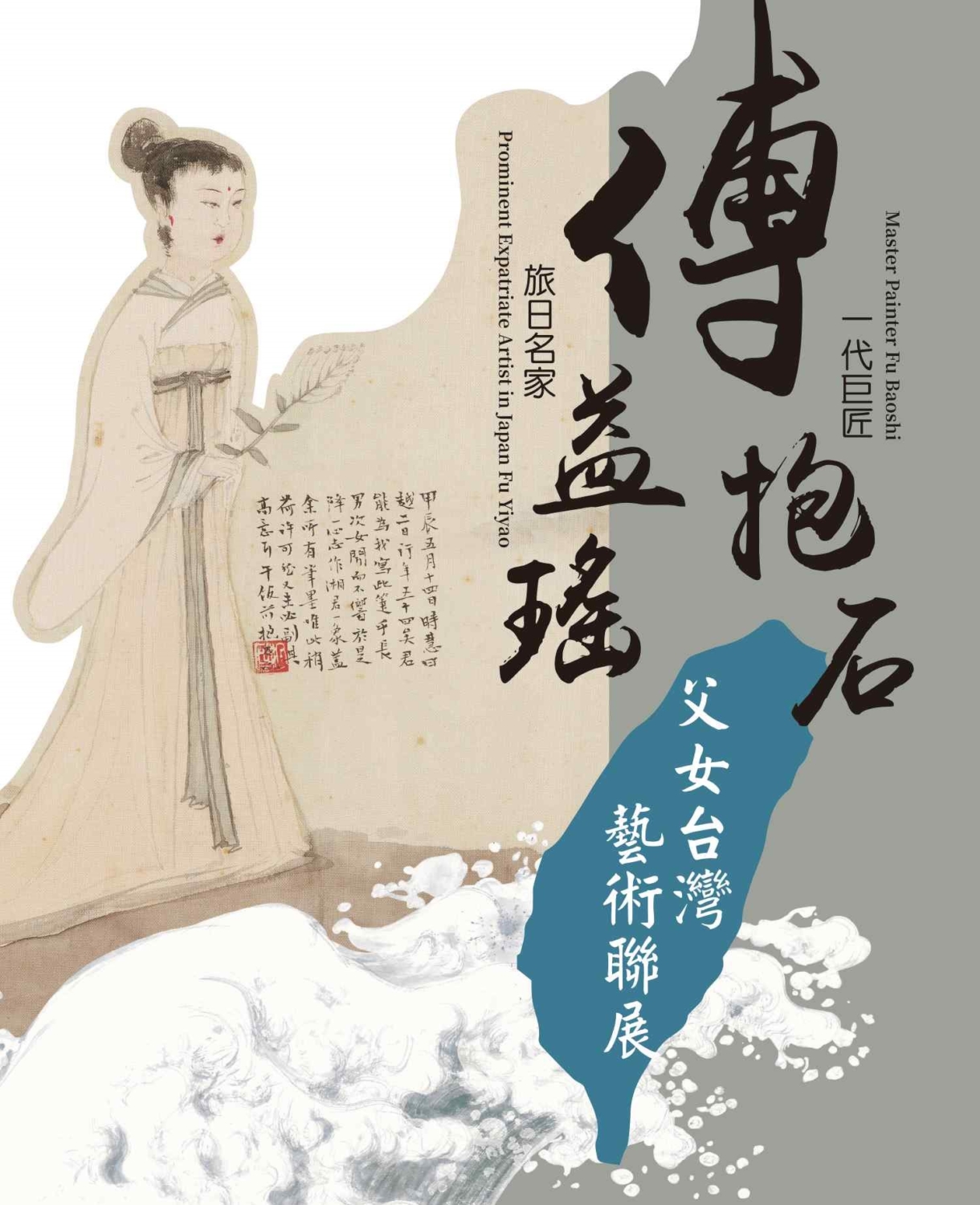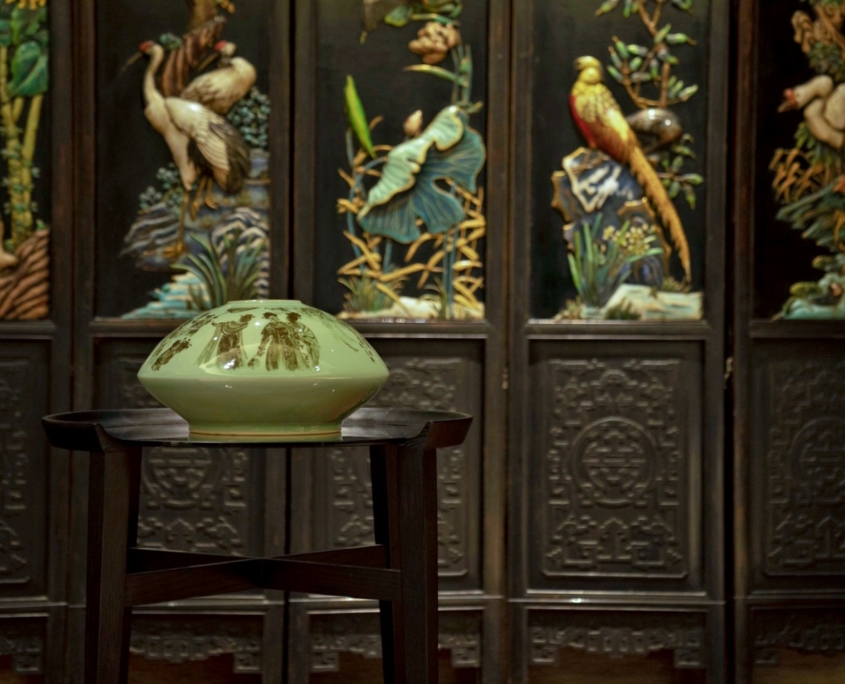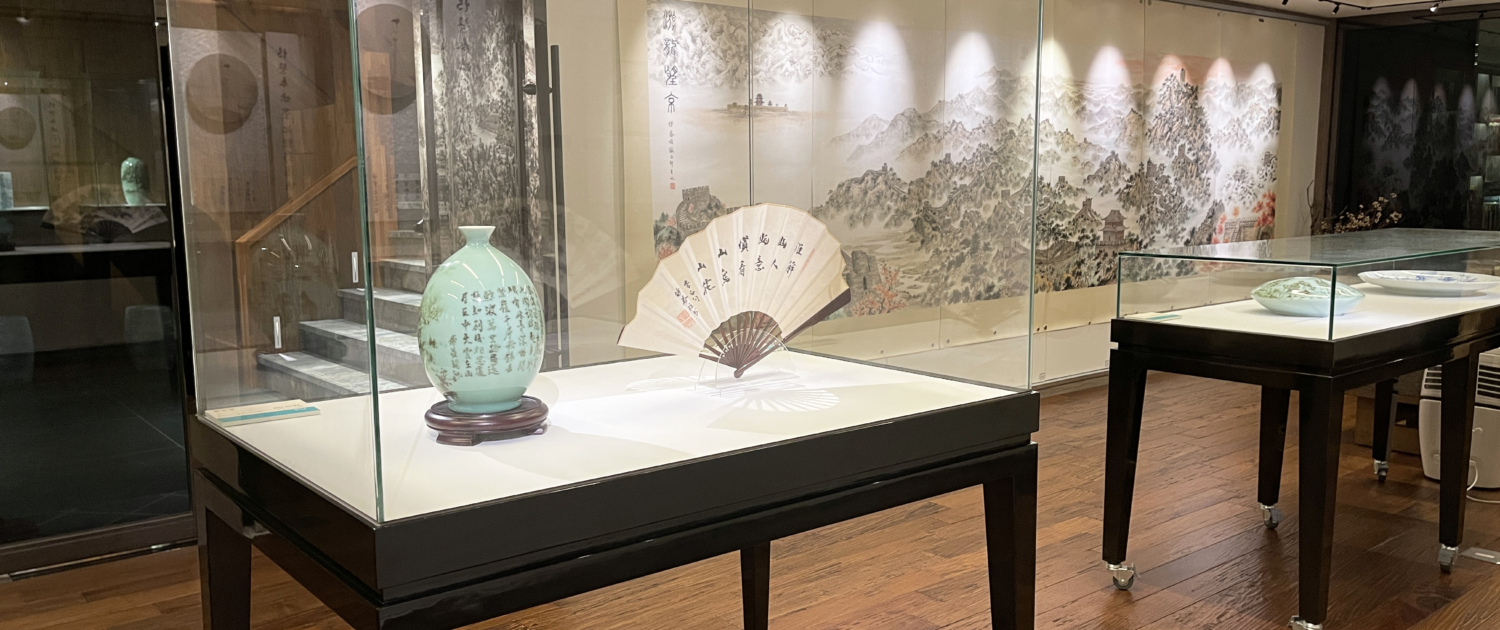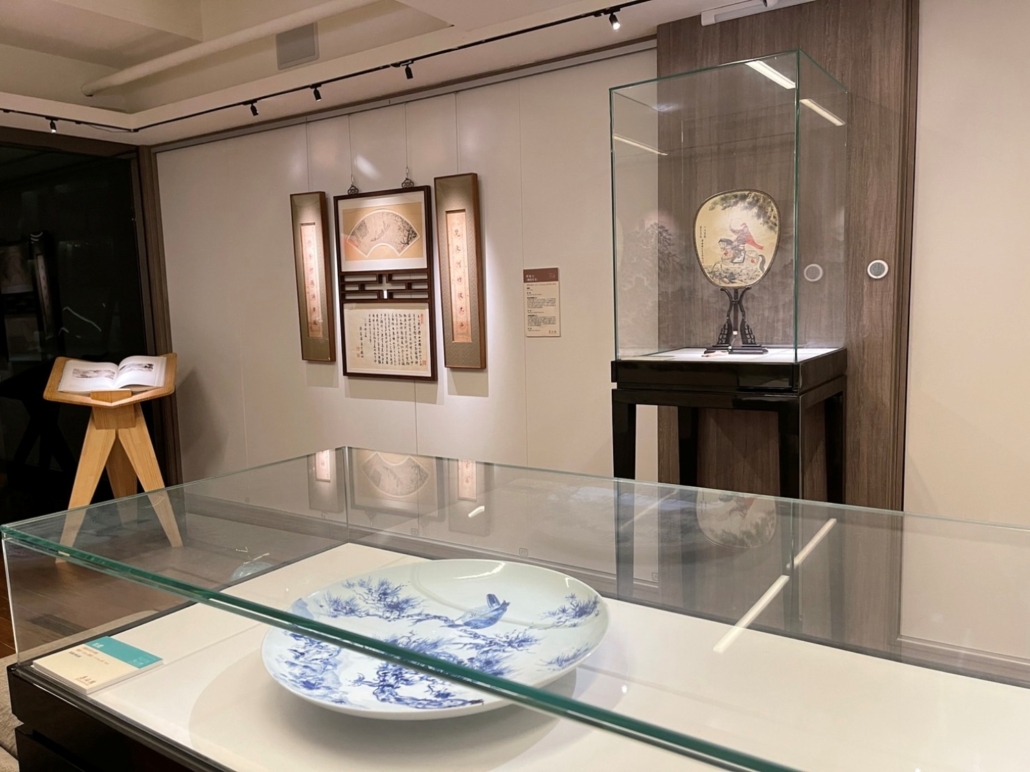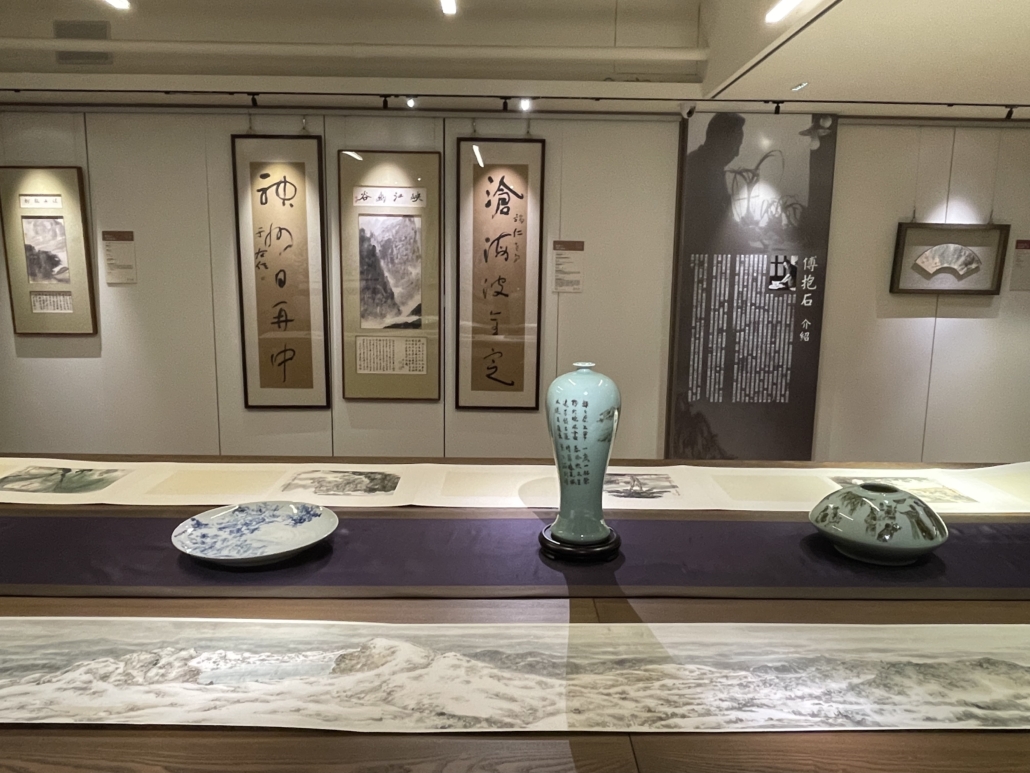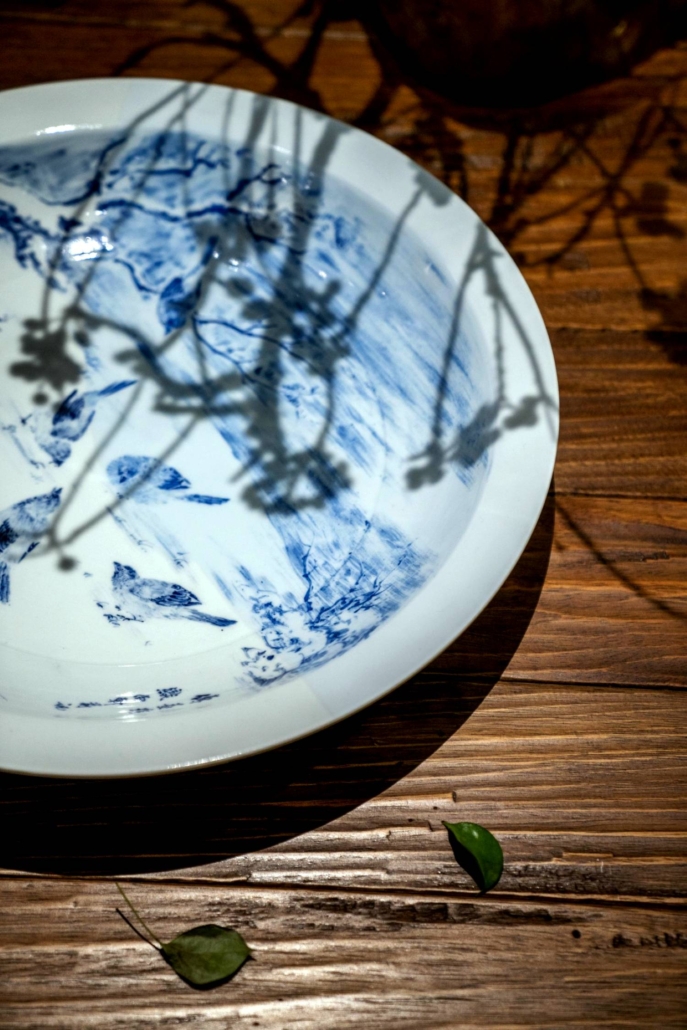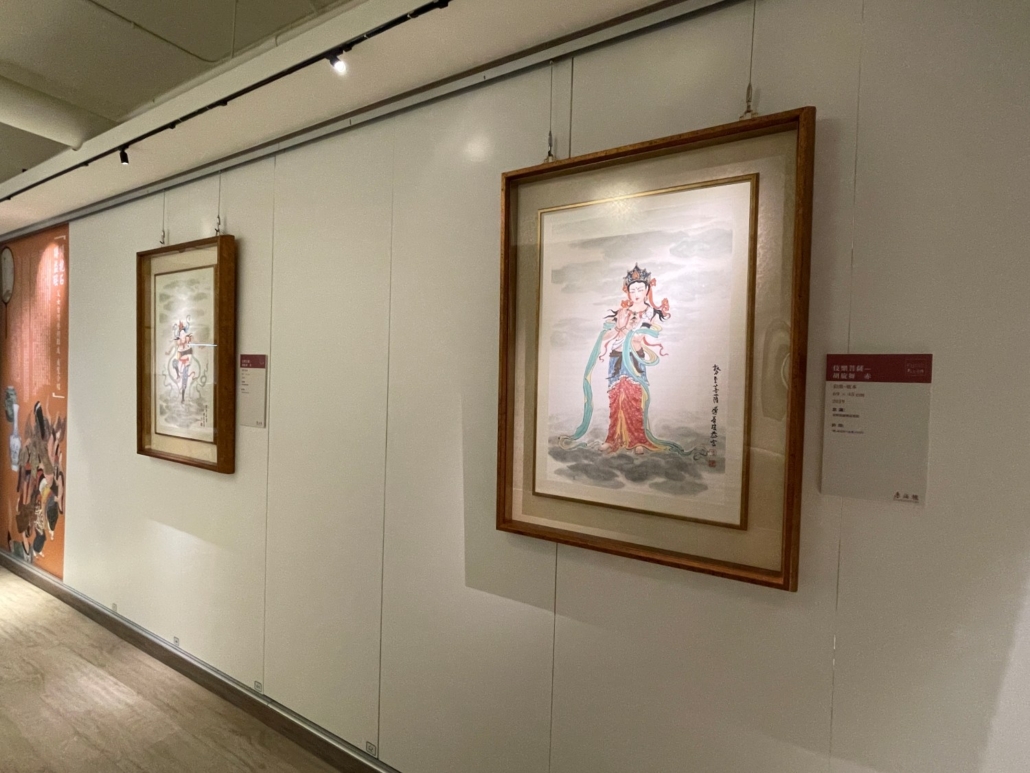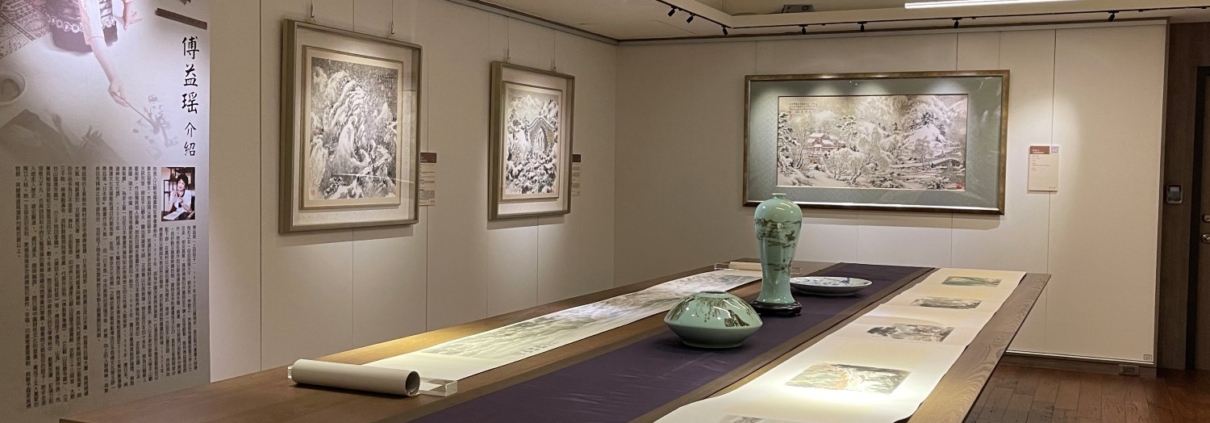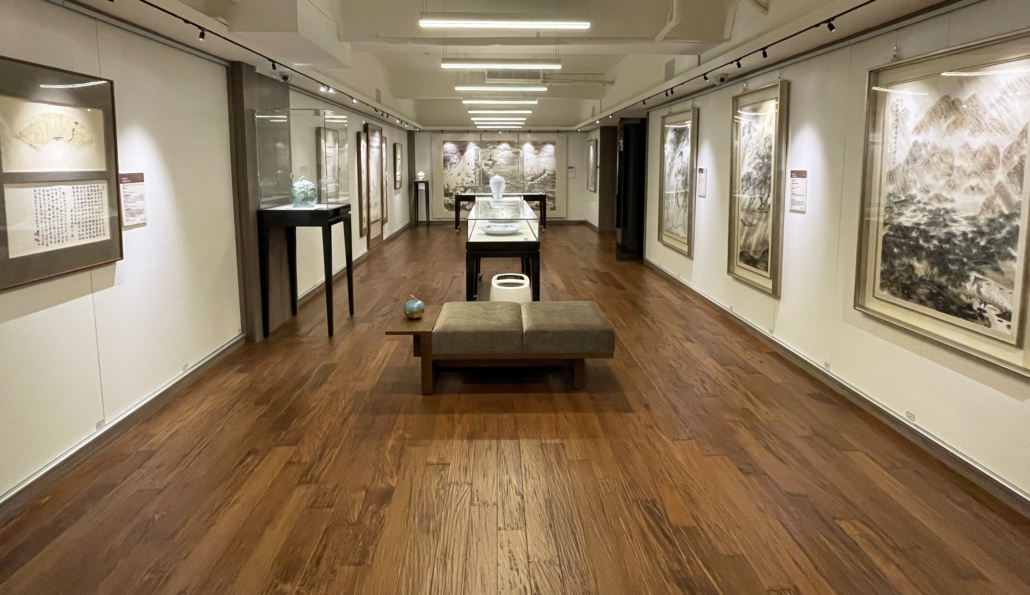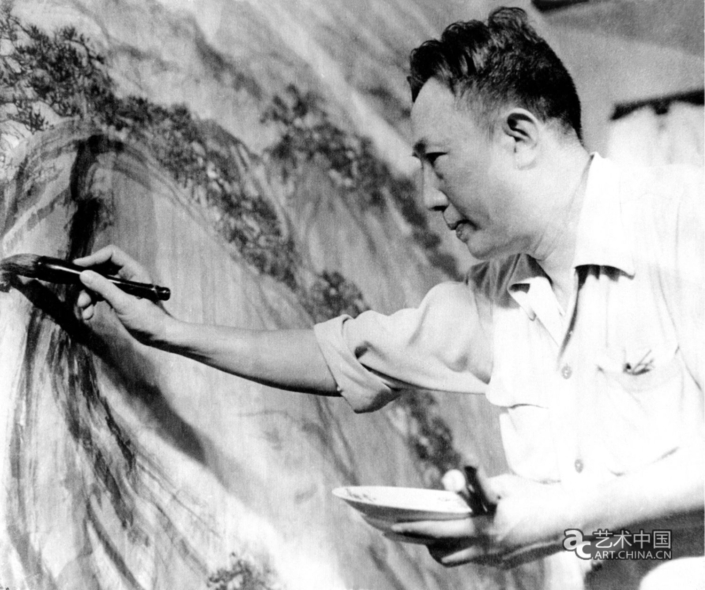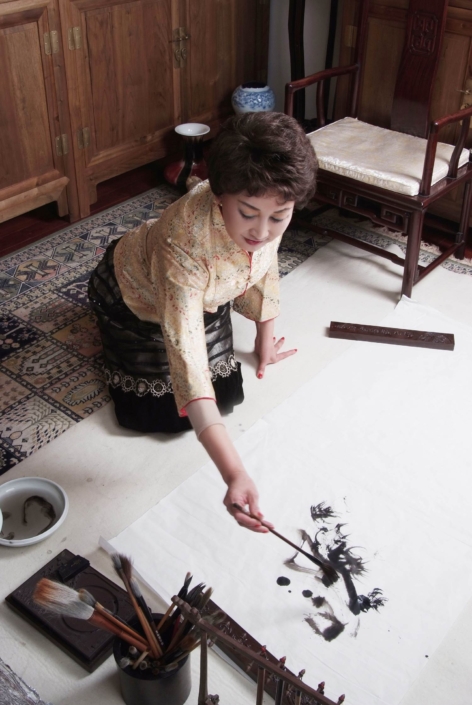Exhibition Period
Second Phase
Third Phase
Venue
Since 2020 , the global COVID-19 pandemic has cast a long shadow over the arts and cultural sector, with artists and cultural workers facing numerous challenges including exhibition cancellations, postponements, and venue closures, severely impacting both the art industry and cultural exchange. To revitalize Taiwan’s long-dormant arts scene and restart international cultural exchange in the post-pandemic era, many local cultural institutions have been eager to take initiative. Upon learning that the Nagano Prefectural Art Museum in Japan intended to organize a joint exhibition featuring the artworks of Fu Bao-shi and his daughter Fu Yi-yao this year, numerous premier art companies and curatorial organizations from Europe, America, Japan, and China sought to secure this rare opportunity for international artistic exchange. The competition among various national curatorial teams was fierce, with each employing every possible strategy. However, the Mo Hai Lou International Art Research Institute, led by Dr. Ye Guo-Shin, emerged victorious in this competition, securing the opportunity to co-organize the exhibition with the Nagano Prefectural Art Museum. This success was attributed to Dr. Ye’s leading position in Chinese art authentication and the institute’s outstanding recent performance in international curation, particularly in organizing exhibitions for renowned Asian ink painters.
Therefore, with Mo Hai Lou as the primary curator, the “Traversing Time – The Grand Japanese Exhibition of Fu Baoshi and Fu Yiyao” has been specially organized. This rare opportunity will showcase Taiwan’s curatorial approach and unique cultural traditions abroad, allowing the international community to witness Taiwan’s curatorial and cultural creative capabilities. It aims to deepen cultural exchange between Taiwan and Japan, aspiring to become an exemplar of public diplomacy.
Before the Japanese exhibition begins, Mo Hai Lou will present the “Fu Baoshi and Fu Yiyao Joint Taiwan Art Exhibition” at the Mo Hai Lou Art Appreciation Museum, specially designed for Taiwan’s art enthusiasts. Beyond showcasing the unique artistic lineage between father and daughter, it allows the public to appreciate previously unreleased original works by Fu Baoshi from the Fu family collection without traveling to Japan. Taiwan audiences will have early access to view some of the major works by the Fu family that will later be displayed in the Japanese grand exhibition. The exhibition will include two free lectures on Fu family art, and after its conclusion, the exhibits will be transferred to the Nagano Prefectural Art Museum (new building) for an expanded showing.
“Rich in mind’s landscapes, skilled in ancients’ brushwork” was Fu Baoshi’s lifelong motto and serves as enlightening guidance from a sage to future generations. Rather than specific techniques, Fu Baoshi’s influence on Fu Yiyao lay more in aesthetic nurturing and spiritual refinement. Fu Baoshi often encouraged Fu Yiyao to “strive for self-improvement,” these four simple characters embodying his profound understanding of aesthetics. This “self-improvement” goes beyond mere diligent effort, requiring the manifestation of “independence” in visual presentation – that is, relying on one’s own emotional understanding of all things to blend the landscapes of one’s mind with the brushwork of the ancients. In Fu Yiyao’s creations, her father’s aesthetic philosophy is evident throughout. Mo Hai Lou hopes that this “Fu family legacy” will continue to evolve and be passed down through generations.
Installation Views
Fu Bao-shi: A Modern Master of Chinese Art
Fu Baoshi was a rare figure in modern Chinese art, recognized as a painter, calligrapher, seal carver, art historian, theorist, and educator. His scholarship in Chinese painting history, including his notable works Outline of the Evolution of Chinese Painting, An Overview of the Origins of Chinese Painting, and A Study of Ancient Chinese Landscape Painting, has made significant contributions to the understanding of Chinese art in Japan and fostered cultural exchange between China and Japan.
Fu Baoshi is also the first modern Chinese ink artist to be honored with a commemorative exhibition at the renowned Metropolitan Museum of Art in New York. Revered in the global Chinese art market as one of the celebrated “Masters of the Billion,” Fu’s works are highly esteemed in the world of collectors and continue to hold remarkable status.
Fu Baoshi excelled in landscape and figure painting, achieving exceptional levels in both. His landscape art, in particular, reached new heights with his distinctive technique of san feng luan bi (scattered brush and random strokes), known as the “Baoshi texture strokes” (Baoshi cun), which paved the way for modern Chinese landscape painting. His figure paintings, influenced by Gu Kaizhi and Chen Hongshou, uniquely express inner character through facial expressions and eyes. The backgrounds often convey a vivid, modern ambiance, making the overall composition truly extraordinary.
Fu Yi-yao:A Master of Monumental Art with Poetic Depth
Fu Yiyao’s primary themes include large-scale temple wall paintings, Japanese folk festivals, poetic imagery, and landscapes. Known for her grand compositions, her works exhibit a powerful, expressive style that blends strength with delicacy, and intensity with restraint, often infused with a Zen-like serenity. Her ability to unite boldness and meticulousness has established her as an outstanding artist. Many of her works are housed in prestigious locations such as the Japanese Imperial household, shrines, and sacred temples, including UNESCO World Heritage sites like the Enryaku-ji National Treasure Hall on Mount Hiei, Sanjusangen-do in Kyoto, Sanzen-in in Ohara, Enman-ji in Yokohama, and Ryudou-in Temple in Nagano. Her representative works include The Eastern Spread of Buddhism, Mount Hiei Enryaku-ji, Guoqing Temple of Mount Tiantai, Four Seasons at Sanzen-in, and Onbashira Festival of Suwa Shrine.
Beyond her distinctive artistic talent, Fu Yiyao is known for her striking beauty, often described as having the spirit of a “mountain nymph,” combined with an inner strength and the refined character of a scholar. Immersed in the rich literary tradition of China, she has cultivated her deep knowledge through decades of dedication to classical poetry, as well as Eastern and Western aesthetic theories, which have become the foundation of her extensive scholarship. Following the path her father, Fu Baoshi, set for her, she has continued to explore Chinese poetic culture, nurturing an independent artistic spirit as a literati painter. Despite her success, Fu Yiyao remains modest, often eschewing fame and material gain. She has even donated priceless items from her father’s legacy—paintings, manuscripts, and seals—to national museums, with an estimated value exceeding NT$10 billion, reflecting her selfless dedication to cultural heritage.
